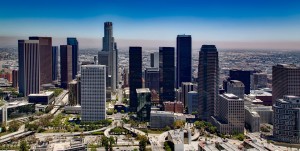Los Angeles has long needed a local bank. The organization that has been fighting for this to happen is no took a break during the peak of the coronavirus pandemic and is now beginning to resume efforts with the LA City Council voting in favor of an investigation on how viable a city-owned bank would be, followed by the creation of a business plan.
Those in favor argue that creating such a bank would enable LA city to actually save banking fees as well as create additional credit access for SMEs, especially those in undeserved areas. Further, the move could facilitate the financial backing of affordable housing and green energy programs.
While all of this sounds extremely positive, those who are not supportive of the move ask if LA city is able to manage such an institution. Other cities (Philadelphia, San Francisco and Seattle) are also looking into the possibility of having a local bank.


